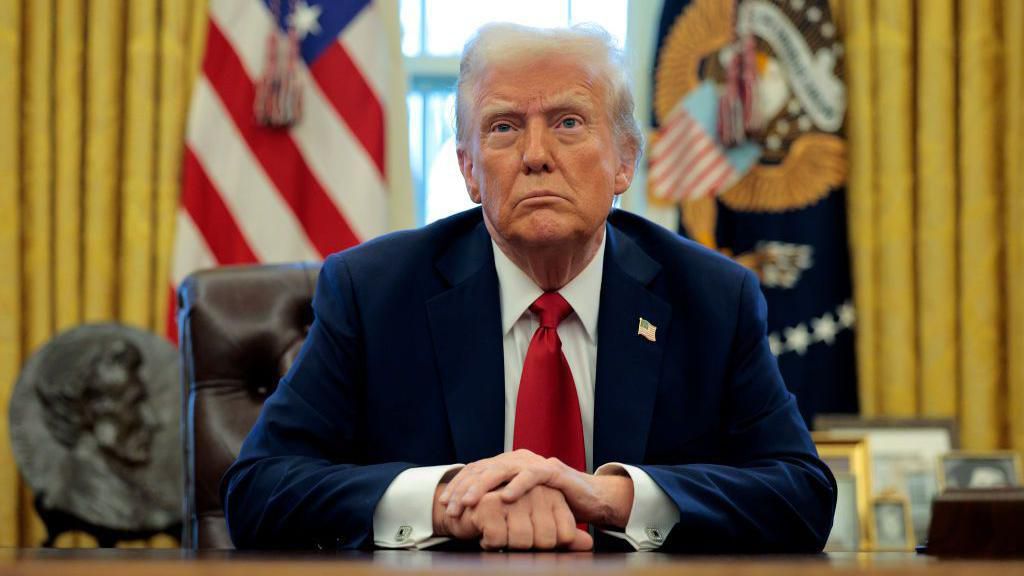Trump Administration Implements Travel Ban on Citizens from 12 Countries

The Trump administration has announced a new travel ban affecting citizens from twelve countries, scheduled to take effect on Monday, June 9, 2025, at 12:01 a.m. ET. Citing national security concerns, this policy will suspend entry into the United States for nationals of Afghanistan, Myanmar, Chad, Congo, Equatorial Guinea, Eritrea, Haiti, Iran, Libya, Somalia, Sudan, and Yemen.
The White House justified the restrictions by asserting that these nations fail to meet U.S. security standards, highlighting issues such as insufficient identity verification, inadequate information-sharing practices, and elevated risks of terrorism and visa overstays. In a video statement, President Donald Trump emphasized the move was necessary to protect against "foreign terrorists" and other security threats, declaring, "We will not allow people to enter our country who wish to do us harm." He indicated that the list of affected countries could be revised.
In addition to the twelve countries facing a full suspension, travellers from seven other nations—Burundi, Cuba, Laos, Sierra Leone, Togo, Turkmenistan, and Venezuela—will encounter partial entry limitations. The proclamation clarifies that visas issued before the June 9 effective date will not be revoked. The ban applies to foreign nationals who are outside the U.S. and do not possess a valid visa as of that date.
President Trump referenced a recent attack in Boulder, Colorado, involving an Egyptian national as a justification for the new restrictions, though Egypt was not included in the ban. He explained that the countries subject to the most severe restrictions were determined to harbor a "large-scale presence of terrorists," fail to cooperate on visa security, possess an inability to verify travellers’ identities, maintain inadequate record-keeping of criminal histories, and exhibit high rates of visa overstays in the United States. "We cannot have open migration from any country where we cannot safely and reliably vet and screen those who seek to enter the United States," President Trump stated.
This new travel ban is part of a broader immigration crackdown initiated by the Trump administration during his current term, which has also involved the deportation of individuals suspected of gang affiliations and measures concerning foreign students. The policy is reminiscent of a travel ban implemented during Trump's first term in 2017, which targeted several Muslim-majority nations. That earlier ban, after facing legal challenges and public criticism for being discriminatory, was eventually upheld by the Supreme Court before being rescinded by President Joe Biden in 2021, who described it as "a stain on our national conscience."
Democratic lawmakers have strongly condemned the new restrictions. Senator Adam Schiff (D-Calif.) commented on social media, "Trump’s latest travel ban will NOT make America safer. We cannot allow bigotry to dictate immigration policy." Senator Ed Markey (D-Mass.) also criticized the measures, labeling them as discriminatory and ineffective for enhancing national security.
The proclamation includes exemptions for certain individuals. These include U.S. green card holders, athletes participating in major sporting events, and close family members of U.S. citizens or lawful permanent residents, provided they can offer verifiable proof of their relationship, potentially including DNA evidence.










